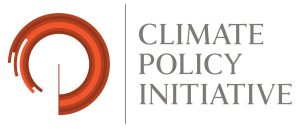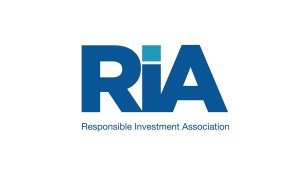Report on Sustainability-Linked Loans
The UK Financial Conduct Authority (FCA) releases a report on Sustainability-Linked Loans, aiming to summarize the development of the sustainability-linked loans market.
The UK Financial Conduct Authority believes that the sustainability-linked loans market is gradually maturing, but there is still room for improvement in market size and incentive mechanisms. These improvements are important steps in establishing a credible transition financing ecosystem.
Related Post: FCA Releases 2023 Report on Sustainability-Linked Loan Market
Sustainability-Linked Loans Market Development
The sustainability-linked loans market has made progress in terms of performance indicators. Previously, some Key Performance Indicators (KPI) and Sustainability Performance Targets (SPT) were not clearly set. The current market has focused on two to three core performance indicators. The participation of stakeholders in building performance indicators is also strengthening, making performance goals more consistent with the borrower’s business model.
Banks are strengthening the management of sustainability-linked loans. When borrowers violate sustainability terms, some banks will lower the loan ratings. Many banks are applying the Sustainability-Linked Loan Principles issued by the Loan Market Association to raise standards.
The UK Financial Conduct Authority believes that banks face challenges in distinguishing between transition finance, green finance, climate finance and sustainable finance involved in sustainability-linked loans, which may be due to the inconsistency between the banks’ own climate finance goals and those of sustainability-linked loans. To solve this problem, banks need to formulate a clearer sustainable financing framework.
Sustainability-Linked Loans Incentive Mechanism
The sustainable business model of banks is shifting from a product-centered approach to a customer-centered one. Previously, banks would pay more attention to whether their sustainable financing goals were achieved. Currently, banks will analyze whether their clients meet the requirements of sustainable financing based on their sustainable situations. If a customer’s business model and sustainable characteristics do not meet the requirements for sustainability-linked loans, the bank may reject their application.
Customers’ views on sustainability-linked loans are shifting from a cost-benefit perspective to a sustainable one. Previously, customers were more concerned about the borrowing costs and information disclosure costs of sustainability-linked loans. Currently, customers prefer to incorporate sustainability-linked loans as part of their sustainable development strategies, although some borrowers have failed to achieve their sustainable performance targets.
The UK Financial Conduct Authority believes that borrowers still face challenges such as internal disclosure costs and external audit costs in their business operations, which may affect their choice of sustainable financing methods. Banks need to help their clients improve sustainability while maintaining high standards of business frameworks, policies and processes.
Reference:





